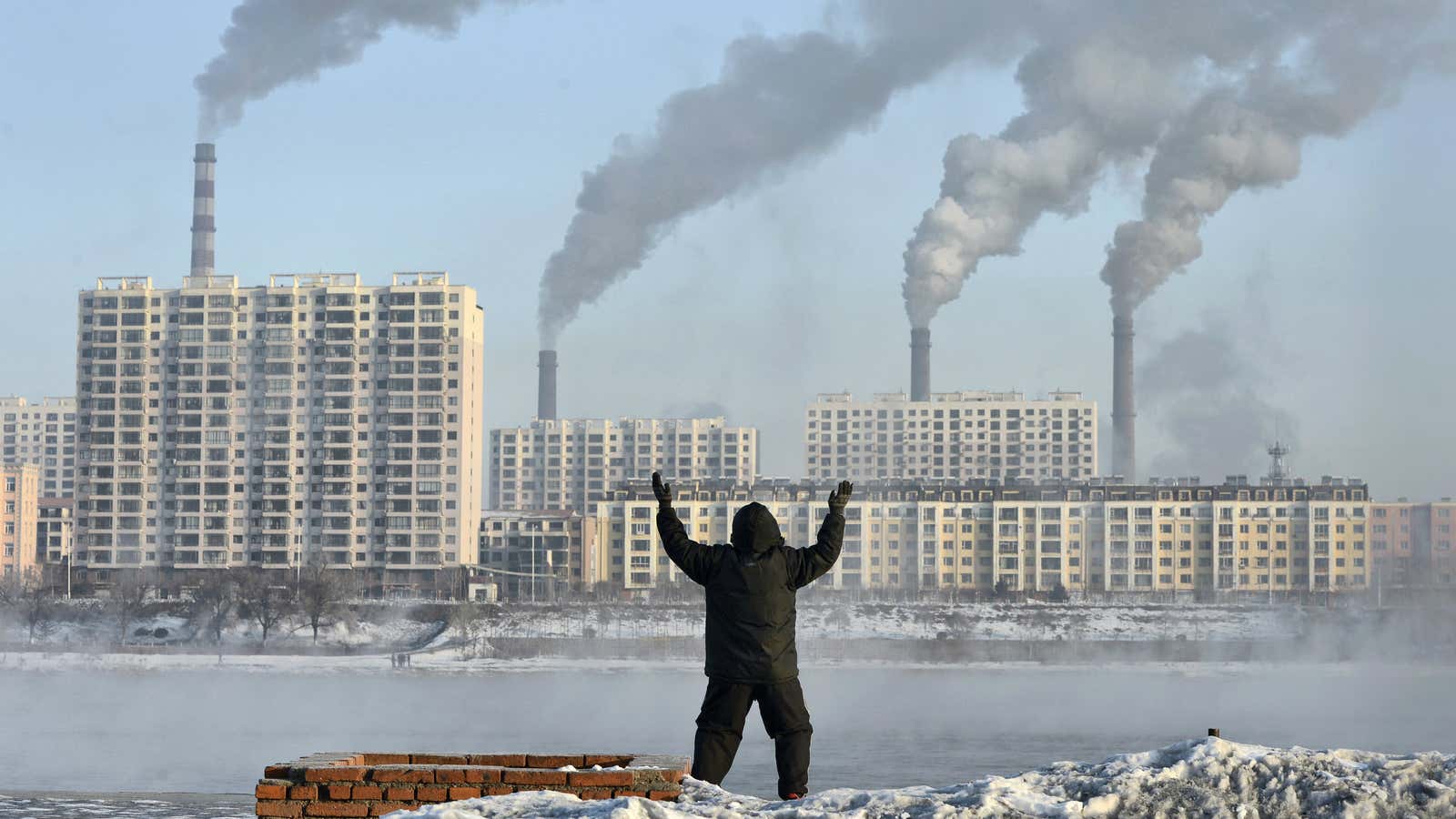Those who refuse to acknowledge that climate change is caused by human activity will no longer be called “skeptics” by the Associated Press, after the newswire service decided the term was too scientifically rigorous.
The AP explained their decision in a blog post:
Scientists who consider themselves real skeptics—who debunk mysticism, ESP and other pseudoscience, such as those who are part of the Center for Skeptical Inquiry—complain that non-scientists who reject mainstream climate science have usurped the phrase skeptic. They say they aren’t skeptics because “proper skepticism promotes scientific inquiry, critical investigation and the use of reason in examining controversial and extraordinary claims.” That group prefers the phrase “climate change deniers” for those who reject accepted global warming data and theory. But those who reject climate science say the phrase denier has the pejorative ring of Holocaust denier so The Associated Press prefers climate change doubter or someone who rejects mainstream science.
More than 90% of peer-reviewed scientific literature supports the view that, as a result of humans burning fossil fuels, a buildup of carbon dioxide in the atmosphere is changing the earth’s climate.
The AP cited a 2014 joint publication by the US National Academy of Sciences and the Royal Society of the United Kingdom, which describes the effects of global warming as follows:
Since 1900, the global average surface temperature has increased by about 0.8 degrees Celsius (1.4 degrees Fahrenheit). This has been accompanied by warming of the ocean, a rise in sea level, a strong decline in Arctic sea ice, and many other associated climate effects. Much of this warming has occurred in the last four decades.
But some environmentalists were displeased with the AP’s decision to opt for the term “climate change doubter” instead of outright “denier”.
Ronald Lindsay, president and CEO of the Center for Inquiry, said in a statement:
Referring to deniers as “doubters” still imbues those who reject scientific fact with an intellectual legitimacy they have not earned. The general public, we fear, will still not get a clear picture of which public figures are basing their positions on reality, and which are not.
The Huffington Post’s Ryan Grim asked his Twitter followers for alternative suggestions to “doubters” and was offered the following: Armageddon advocates, Canadian land speculators, climate itsallrightists, death cult members, drought enthusiasts, and grandchildren haters.
